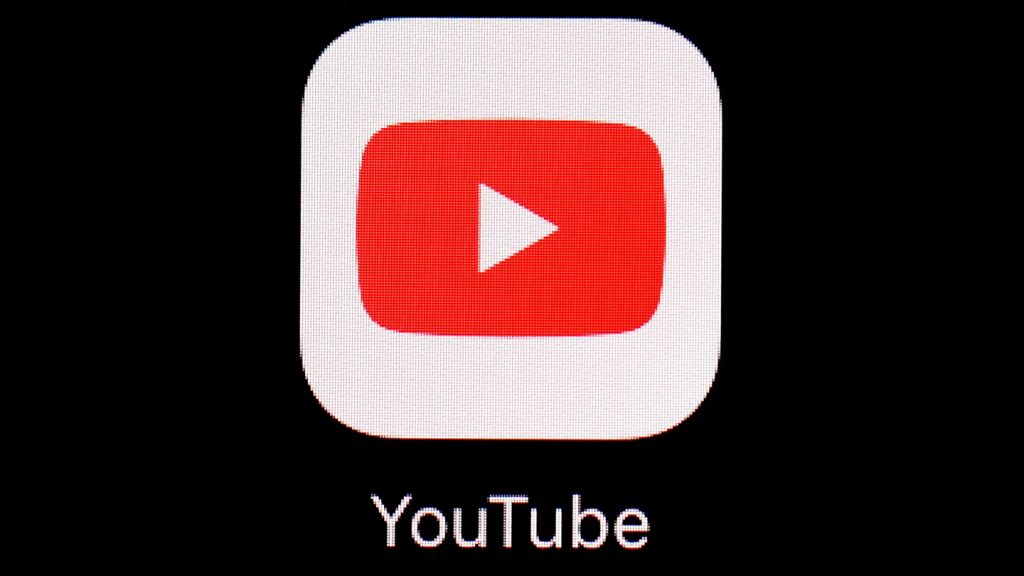YouTube has blocked access to videos of a protest song in Hong Kong, following a court injunction banning the song in the city. The anthem, “Glory to Hong Kong,” was a popular song during the anti-government protests in 2019. YouTube complied with the removal order and blocked access to over 32 videos of the song in Hong Kong, citing them as “prohibited publications” under the injunction. The message displayed when attempting to access the videos stated, “This content is not available on this country domain due to a court order.”
In response to the court’s decision, YouTube expressed disappointment but stated that they are complying with the removal order by blocking access to the listed videos in Hong Kong. The company mentioned that they are considering their options for an appeal to promote access to information and shared concerns about the impact the ban would have on free expression online. Links to the videos will also not show up on Google Search for users in Hong Kong, according to YouTube.
George Chen, co-chair of digital practice at Asia Group, noted the importance of monitoring how aggressively Hong Kong authorities will be in ordering internet platforms to remove the song. Chen emphasized that excessive removal requests could harm investor confidence in Hong Kong, affecting the city’s reputation as a leading financial center. He urged the government to be cautious and consider unintended consequences that may impact economic recovery and investor confidence in the region.
The protest anthem, “Glory to Hong Kong,” was frequently sung by demonstrators during the 2019 anti-government protests in the city. The song gained recognition internationally and was mistakenly played as the city’s anthem at sporting events, causing confusion and upsetting city officials. Authorities have previously taken action against residents playing the song in public, citing offenses such as playing a musical instrument without a permit. Critics have raised concerns that the ban on the song further restricts freedom of expression in Hong Kong, especially in the wake of Beijing’s crackdown following the 2019 protests.
Critics of the ban on the protest anthem have warned that it might disrupt the operation of tech giants and negatively impact the city’s appeal as a business center. The restrictions on the distribution and broadcast of the song come amidst ongoing tensions in Hong Kong and efforts to tighten control over dissenting voices in the region. The move by YouTube to comply with the removal order has sparked debates about censorship, freedom of expression, and the role of online platforms in supporting democratic values and activism. The situation in Hong Kong continues to evolve, with implications for online freedoms and expression in the region.


